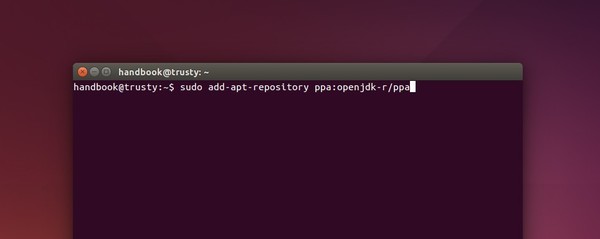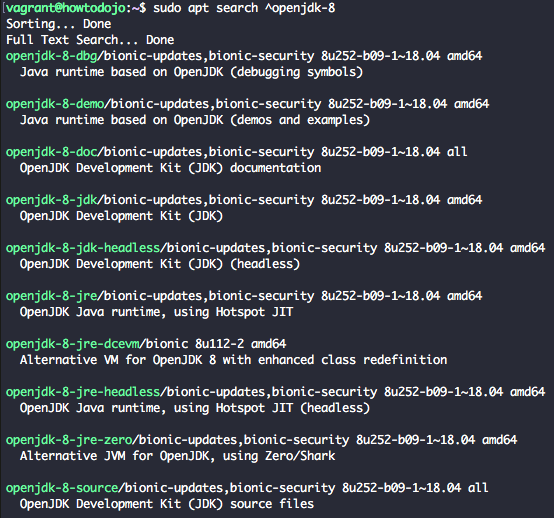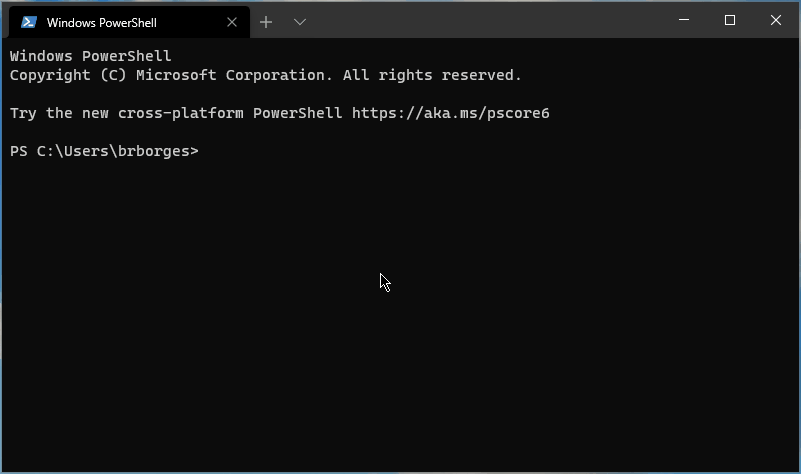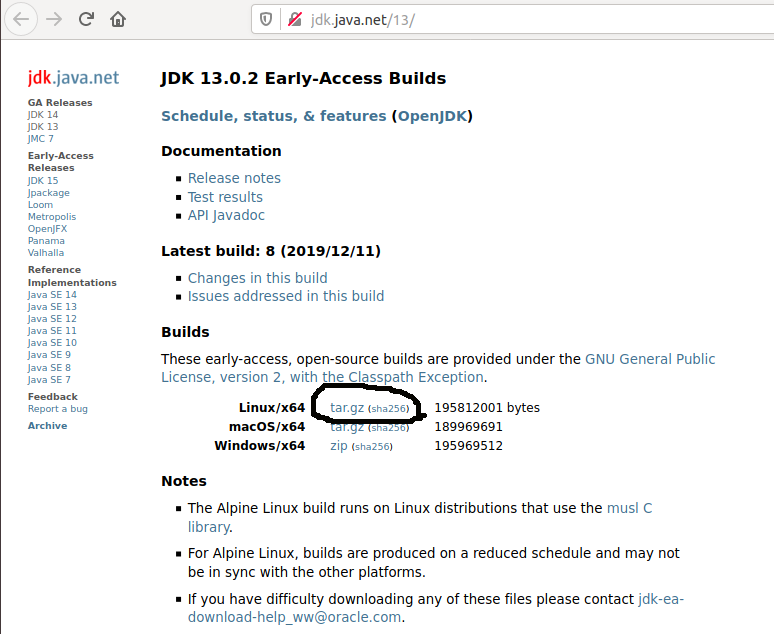
Android 12 (API levels 31, 32) 12L feature drop (API level 32) For details about the platform changes, see the 12Lĭocumentation. Android 14 (Beta)įor details about the platform changes, see the Android 14įor details about the platform changes, see the Android 13ĭocumentation.
#Standalone openjdk 16 install
System components in the Android SDK Manager, you must first install the most recentĪndroid SDK Command-Line tools package. Important: To see the most recent Android There are no release notes for the system images, but The system images may receive separate updates, usually to resolveīugs with the emulator. The revision numbers listed below are for the Android SDK Platform Android Studio may show lines of code from these files while Google Play services and those labeled Google Play also include System images labeled Google APIs include

Offer variations to match your computer's processor architecture (such as At least one of these is requiredĮach platform version includes a system image for each supported formįactor (handsets, Android TV, and Android Wear). You can always check the java version by java -version command.This page provides release information about the SDK packages available forĮach SDK Platform version includes the following packages:
#Standalone openjdk 16 update
It'll only update the java version for a particular terminal. If you want to try it on the go you can type the below command in the same terminal. This needs to sign out and sign back in to use. JAVA_HOME=/usr/lib/jvm/java-11-openjdk-amd64 Sudo vi /etc/profile and add the following lines #JAVA_HOME=/usr/lib/jvm/jdk1.8.0_221 Vi ~/.bashrc and add the following line export JAVA_HOME=/usr/lib/jvm/jdk1.8.0_221 (path/jdk folder) If you want to switch java versions you can try below methods. Sudo apt-get install oracle-java8-installer sudo add-apt-repository ppa:webupd8team/java If you want to install Oracle JDK 8 follow the below commands. You can check the java version by following the command. In Ubuntu, you can simply install Open JDK by following commands. It will display something like below, openjdk version "11.0.4"
#Standalone openjdk 16 manual
*2 /usr/lib/jvm/java-8-openjdk-amd64/bin/javac 1081 manual modeģ /usr/lib/jvm/jdk1.8.0_211/bin/javac 0 manual mode Will result something like below, There are 3 choices for the alternative javac (providing /usr/bin/javac).Ġ /usr/lib/jvm/java-11-openjdk-amd64/bin/javac 1111 auto modeġ /usr/lib/jvm/java-11-openjdk-amd64/bin/javac 1111 manual mode

You can select desired selection number, my case it's 0įor javac, sudo update-alternatives -config javac

Press to keep the current choice, or type selection number:

You can see java 1.11 available from above list, use below command to set java 11 to default, sudo update-alternatives -config javaįor above command, you will get something like below and also, will ask for an option to set, There are 3 choices for the alternative java (providing /usr/bin/java).Ġ /usr/lib/jvm/java-11-openjdk-amd64/bin/java 1111 auto modeġ /usr/lib/jvm/java-11-openjdk-amd64/bin/java 1111 manual mode You should see something like below, java-1.11.0-openjdk-amd64 1111 /usr/lib/jvm/java-1.11.0-openjdk-amd64 To make sure java version is 1.11.x, if found old one or different, check below command to see the available jdks, update-java-alternatives -list


 0 kommentar(er)
0 kommentar(er)
